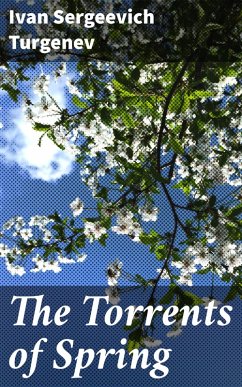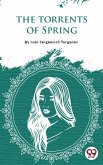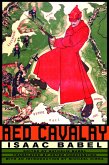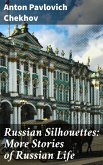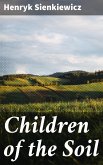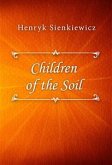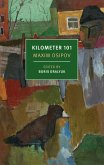In "The Torrents of Spring," Ivan Turgenev navigates the convergence of personal and political transformations in 19th-century Russia. Through the story of Dmitry Pavlovich and his struggles with societal expectations and romantic entanglements, Turgenev deftly intertwines themes of love, art, and the search for identity. The novella is marked by Turgenev's signature lyrical prose and an acute psychological insight, which invites readers to examine the moral complexities faced by individuals caught in periods of upheaval. Employing a rich narrative style saturated with natural imagery, Turgenev reflects the socio-cultural landscape of Russia as it wrestles with modernization and burgeoning nationalistic sentiments. As a prominent figure in the Russian literary canon, Turgenev's own experiences informed his writing. Having spent time in both aristocratic and more progressive circles, he was uniquely positioned to critique the values of his time. His deep understanding of human emotion and conflict, combined with his progressive views, not only shaped his literary output but also benefitted from his friendships with contemporaries such as Dostoevsky and Tolstoy, who inspired his contemplative style. This novella is a pivotal read for those interested in the exploration of human relationships against a backdrop of societal change. Turgenev'Äôs exploration of the tension between the individual and the collective environment resonates across time, making this book a compelling addition to any literary collection. Readers will find in "The Torrents of Spring" a profound meditation on the struggle for authenticity in an ever-encroaching world.
Dieser Download kann aus rechtlichen Gründen nur mit Rechnungsadresse in A, B, BG, CY, CZ, D, DK, EW, FIN, F, GR, H, IRL, I, LT, L, LR, M, NL, PL, P, R, S, SLO, SK ausgeliefert werden.

